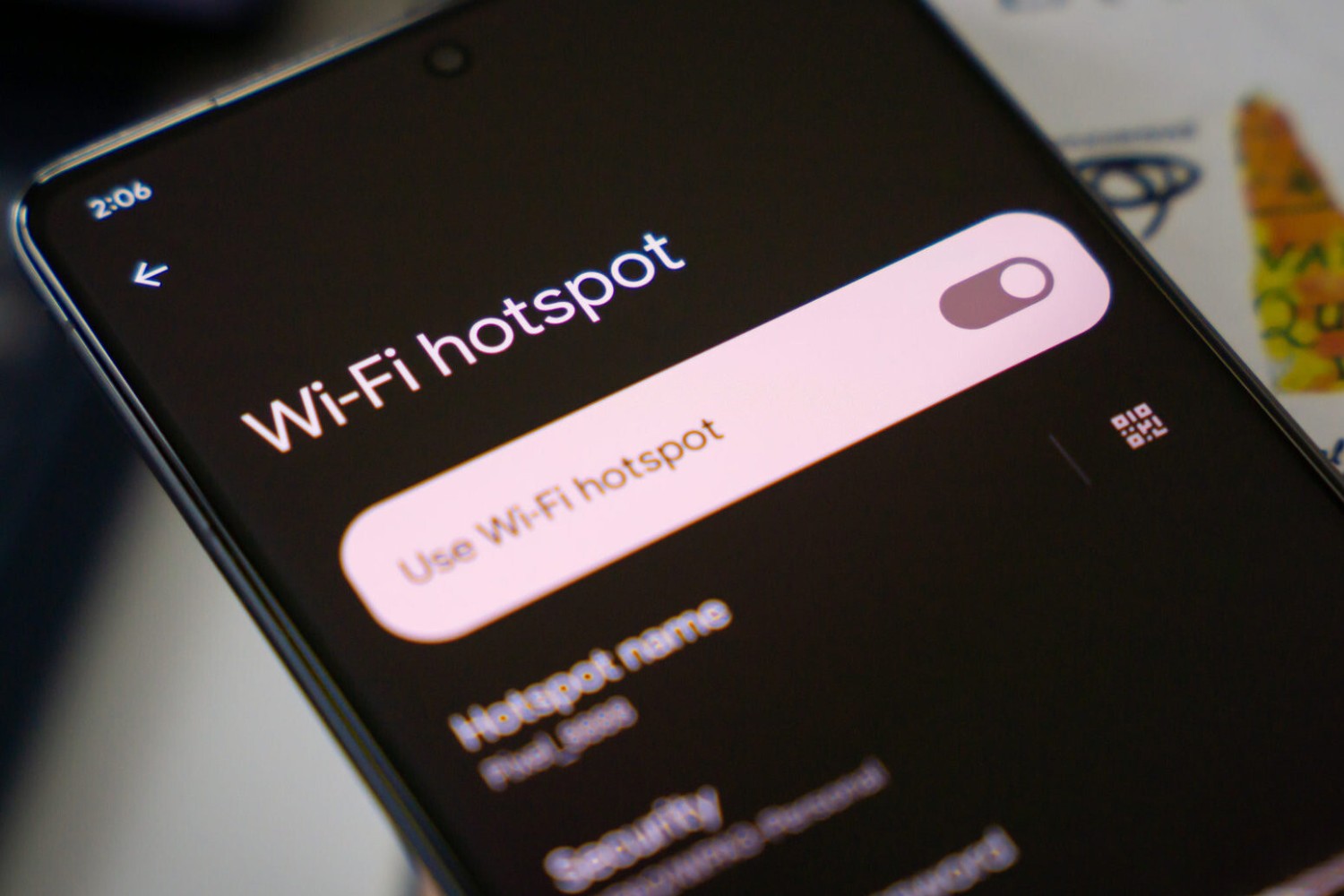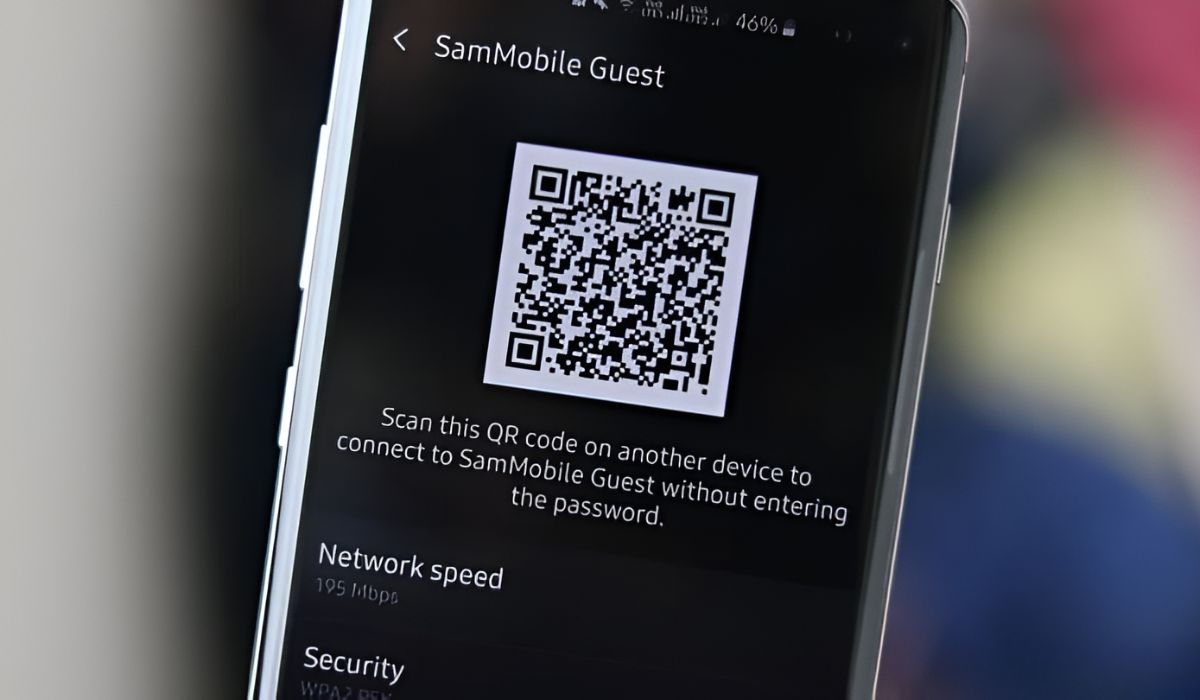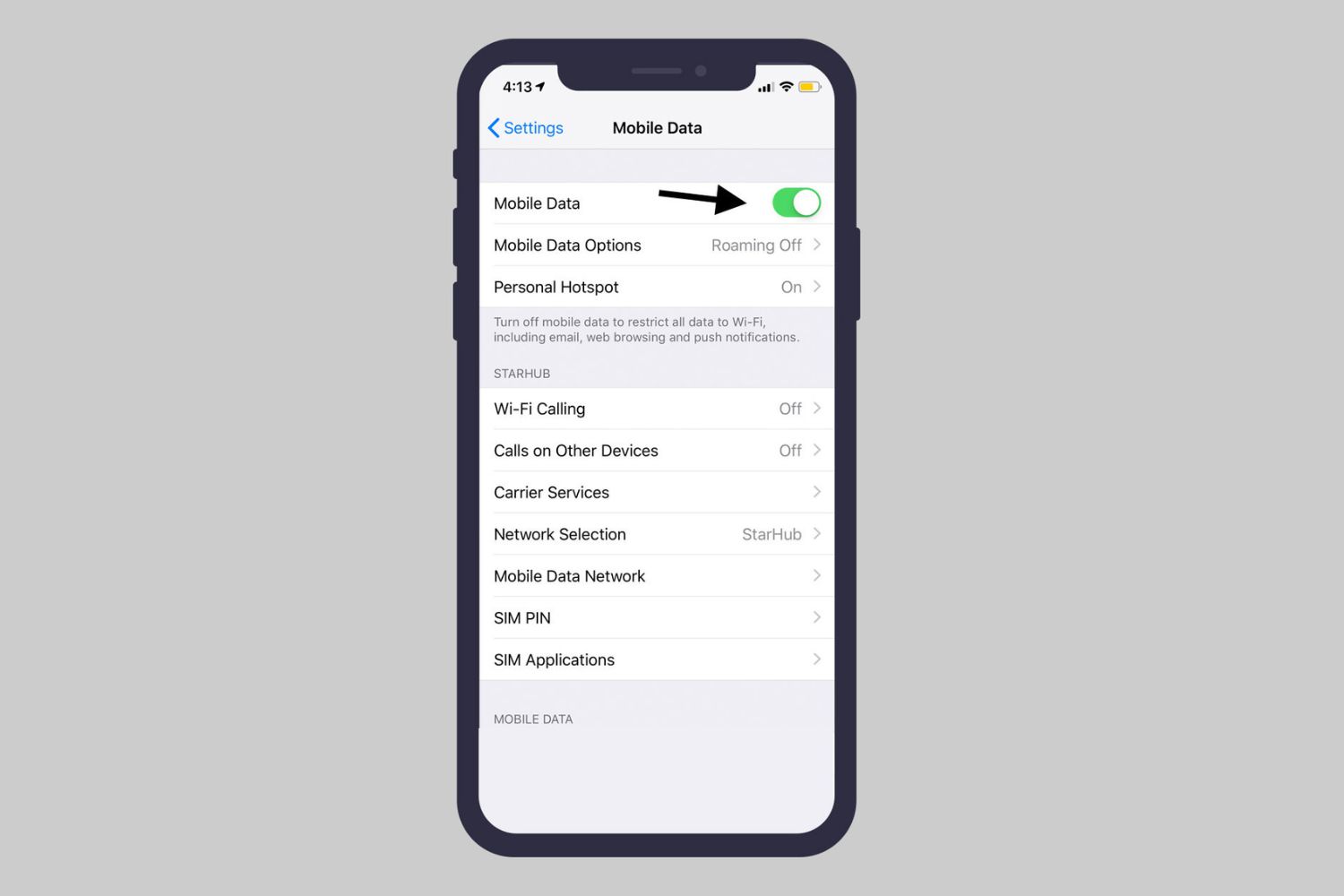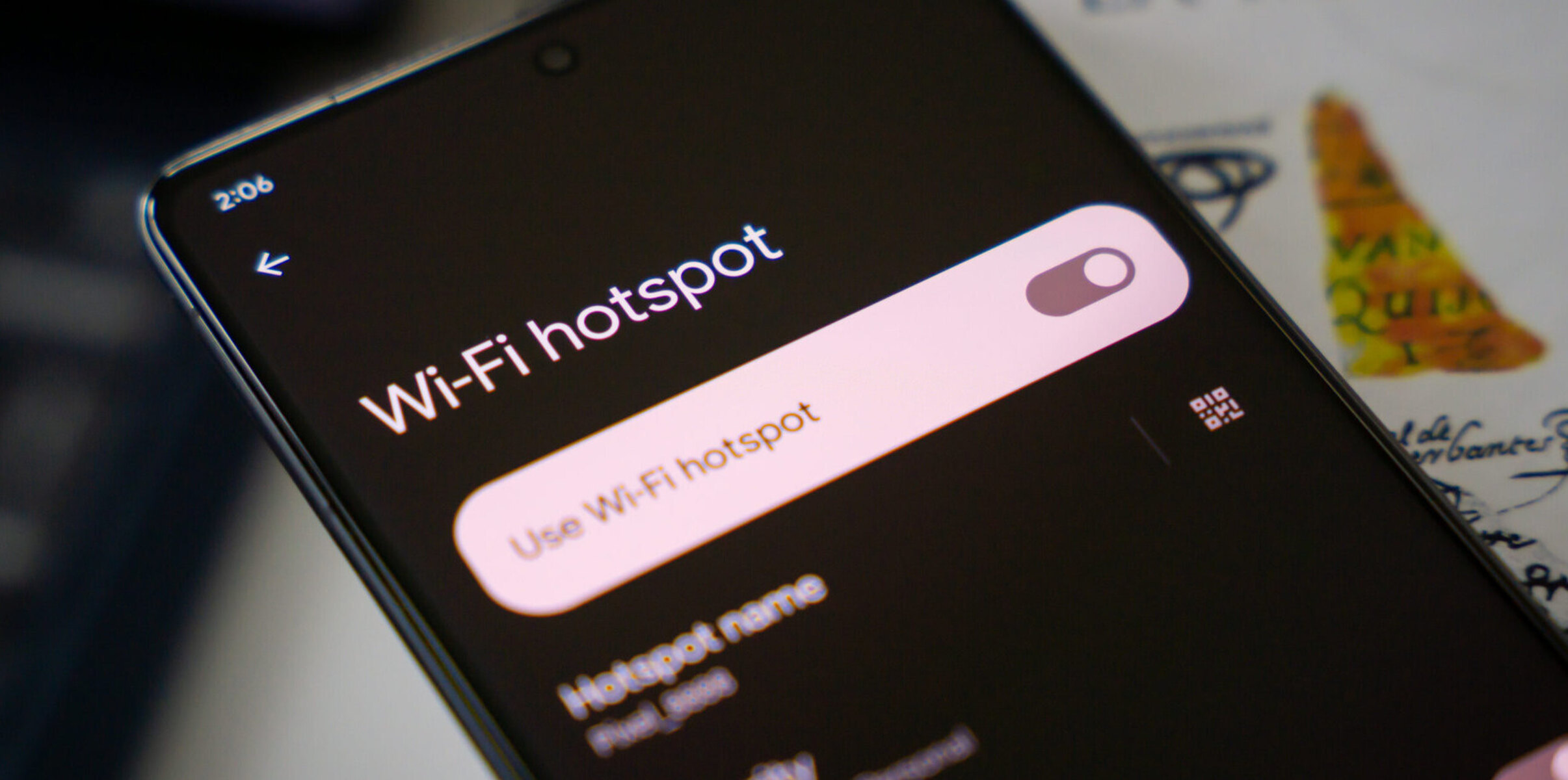Introduction
In today's fast-paced world, staying connected is vital, and Wi-Fi hotspots have become indispensable for accessing the internet on the go. Whether you're at a cafe, airport, hotel, or any public space, the allure of free or paid Wi-Fi is undeniable. However, gaining access to these hotspots often requires a password, which can sometimes be a stumbling block for users.
Understanding how to locate and utilize Wi-Fi hotspot passwords is a valuable skill that empowers individuals to make the most of these convenient connectivity options. Whether you're a frequent traveler, a remote worker, or someone who simply enjoys the flexibility of working from various locations, knowing the ins and outs of Wi-Fi hotspot passwords can significantly enhance your digital experience.
In this comprehensive guide, we'll delve into the intricacies of Wi-Fi hotspots, explore the various methods for finding hotspot passwords, and discuss the best practices for using these passwords effectively. By the end of this article, you'll be equipped with the knowledge and confidence to seamlessly navigate the world of Wi-Fi hotspots, ensuring that you're always connected, no matter where you are.
Understanding Wi-Fi Hotspots
Wi-Fi hotspots are designated areas that provide wireless internet access to users within a specific range. These hotspots are commonly found in public locations such as cafes, airports, hotels, libraries, and shopping centers. They enable individuals to connect their devices, such as laptops, smartphones, and tablets, to the internet without the need for physical cables.
Wi-Fi hotspots can be categorized into two main types: free and paid. Free hotspots are typically offered as a complimentary service by businesses or public institutions to attract and accommodate customers. On the other hand, paid hotspots require users to purchase access either through a subscription or a one-time payment. In some cases, paid hotspots may be operated by telecommunication companies or third-party service providers.
Furthermore, Wi-Fi hotspots can be secured or unsecured. Secured hotspots are protected by a password, encryption, or other security measures to restrict unauthorized access. In contrast, unsecured hotspots do not require a password and are open for anyone to connect. While unsecured hotspots offer convenience, they pose potential security risks, making it essential for users to exercise caution when using them.
The technology behind Wi-Fi hotspots involves wireless access points that transmit internet signals to nearby devices. These access points are often connected to a wired network and equipped with routers to facilitate the distribution of internet connectivity. The range of a Wi-Fi hotspot can vary depending on factors such as the strength of the access point, environmental interference, and physical obstacles.
Understanding the distinctions between free and paid hotspots, as well as the implications of secured and unsecured connections, is crucial for individuals seeking to make informed decisions about their internet usage. By grasping the fundamentals of Wi-Fi hotspots, users can navigate the diverse landscape of connectivity options with confidence and awareness.
Finding Wi-Fi Hotspot Passwords
Locating Wi-Fi hotspot passwords is a key aspect of accessing secured wireless networks. Whether you're at a coffee shop, airport, or hotel, the ability to obtain the necessary password is essential for connecting to the internet. Here are several methods for finding Wi-Fi hotspot passwords:
-
Asking the Staff: When at a cafe, restaurant, or any establishment offering Wi-Fi, don't hesitate to inquire with the staff for the Wi-Fi password. They are usually more than willing to provide the password, ensuring that patrons can enjoy internet access during their visit.
-
Checking Receipts or Signage: Some businesses display their Wi-Fi passwords on receipts or prominently within the premises. It's worth scanning your receipt or looking for any signage that may contain the password information.
-
Using Social Media or Review Platforms: Many businesses share their Wi-Fi passwords on social media platforms or through customer reviews. Checking the official social media pages or review platforms of the establishment may yield the password you need.
-
Utilizing Wi-Fi Password Apps: There are smartphone apps available that crowdsource and store Wi-Fi passwords for various locations. These apps rely on user contributions, making them a convenient resource for accessing passwords to a wide range of Wi-Fi hotspots.
-
Asking Other Patrons: In certain settings, such as a co-working space or communal area, politely asking other patrons for the Wi-Fi password can be a viable option. This approach is particularly useful in environments where individuals are likely to be familiar with the network and its password.
-
Checking with Hotel Front Desks: For travelers staying at hotels, the front desk is the primary point of contact for obtaining the Wi-Fi password. Hotel staff are accustomed to providing this information to guests upon check-in.
-
Exploring Online Forums and Communities: Internet forums and community platforms often contain threads or discussions where individuals share Wi-Fi passwords for specific locations. Engaging with these online communities can lead to discovering the passwords you require.
By familiarizing yourself with these methods, you can confidently navigate the process of finding Wi-Fi hotspot passwords, ensuring seamless access to secure wireless networks wherever you go.
Using Wi-Fi Hotspot Passwords
Once you have successfully obtained the Wi-Fi hotspot password, it's essential to understand the best practices for using it effectively. Whether you're connecting for work, leisure, or staying productive while on the move, employing the password in a secure and efficient manner is paramount. Here are some key guidelines for utilizing Wi-Fi hotspot passwords:
-
Secure Connection: When connecting to a Wi-Fi hotspot, ensure that the network is the legitimate one provided by the establishment or venue. Avoid connecting to networks with generic or suspicious names, as they may pose security risks. Always prioritize secure and trusted networks to safeguard your data and privacy.
-
Password Protection: Treat the Wi-Fi hotspot password with care and discretion. Avoid sharing it with unauthorized individuals, and refrain from posting it publicly online. By maintaining the confidentiality of the password, you contribute to upholding the security of the network for all users.
-
Automatic Connection: Many devices offer the option to automatically connect to recognized Wi-Fi networks. While this feature can be convenient, it's advisable to exercise caution, especially when connecting to public hotspots. Manually selecting and verifying the network before entering the password can mitigate potential risks.
-
Regular Updates: In the case of long-term stays or frequent visits to the same location, it's prudent to periodically check for updates to the Wi-Fi hotspot password. Businesses may change their passwords for security reasons, and staying informed about any modifications ensures uninterrupted access to the network.
-
Network Security Measures: For individuals who manage or oversee Wi-Fi hotspots, implementing robust security measures such as WPA3 encryption, guest network isolation, and regular password updates can enhance the overall security of the network. By prioritizing security, both hotspot providers and users contribute to a safer digital environment.
-
Responsible Usage: When utilizing public Wi-Fi hotspots, exercise discretion when accessing sensitive information or conducting financial transactions. While secured networks offer a level of protection, it's advisable to avoid sharing confidential data over public Wi-Fi whenever possible.
By adhering to these recommendations, individuals can make the most of Wi-Fi hotspot passwords while prioritizing security and responsible usage. Whether it's staying connected during travels, conducting business remotely, or simply enjoying online activities, understanding the nuances of using Wi-Fi hotspot passwords fosters a seamless and secure digital experience.
Conclusion
In conclusion, the ubiquitous presence of Wi-Fi hotspots has revolutionized the way we access the internet, offering unparalleled convenience and flexibility. As we navigate through various public spaces and establishments, the ability to connect to secure and reliable Wi-Fi networks has become an integral part of our digital lifestyle. The process of locating and utilizing Wi-Fi hotspot passwords is a skill that empowers individuals to harness the full potential of these connectivity options while prioritizing security and efficiency.
By understanding the nuances of Wi-Fi hotspots, including the distinctions between free and paid networks, as well as secured and unsecured connections, users can make informed decisions about their connectivity preferences. Whether it's leveraging complimentary Wi-Fi at a local cafe or opting for a subscription-based hotspot service, the diverse landscape of Wi-Fi options offers something for everyone.
The methods for finding Wi-Fi hotspot passwords, ranging from engaging with staff and checking social media platforms to utilizing dedicated apps and online communities, provide a comprehensive toolkit for users to navigate the process seamlessly. These approaches not only facilitate access to Wi-Fi passwords but also foster a sense of community and collaboration as individuals share valuable network information.
Furthermore, the responsible and secure use of Wi-Fi hotspot passwords is paramount in maintaining a safe digital environment for all users. By prioritizing network security measures, exercising discretion in sharing passwords, and adopting best practices for usage, individuals contribute to a collective effort in safeguarding the integrity of Wi-Fi networks.
As we embrace the dynamic landscape of connectivity, from remote work opportunities to leisurely browsing, the knowledge and proficiency in dealing with Wi-Fi hotspot passwords serve as a cornerstone of our digital experiences. Whether it's staying connected during travels, conducting business remotely, or simply enjoying online activities, the seamless integration of Wi-Fi hotspots into our daily lives underscores the significance of understanding and navigating the realm of connectivity with confidence and awareness.
In essence, the ability to locate, obtain, and use Wi-Fi hotspot passwords is not merely a technical endeavor but a gateway to enhanced connectivity, productivity, and digital well-being in an increasingly interconnected world. It is through this understanding and adeptness that individuals can fully embrace the boundless opportunities offered by Wi-Fi hotspots, ensuring that they are always connected, no matter where their ventures may take them.

























